-
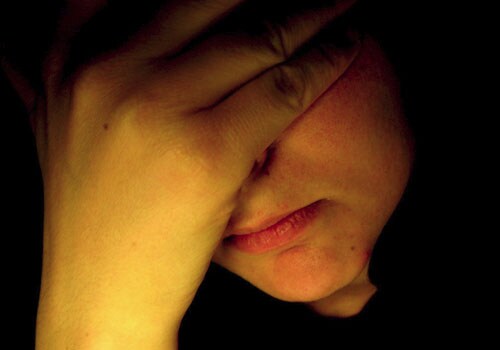
What is depression?
Clinical depression is a medical condition where a person feels very low or sad over a long period of time. It is more severe than the general feeling of hopelessness that a person may feel after a particularly stressful event in her life and often results in a change in the person's functioning. During bouts of depression, a person feels extremely dejected and has feelings of inadequacy or low self esteem. They take a gloomy outlook upon life.
-
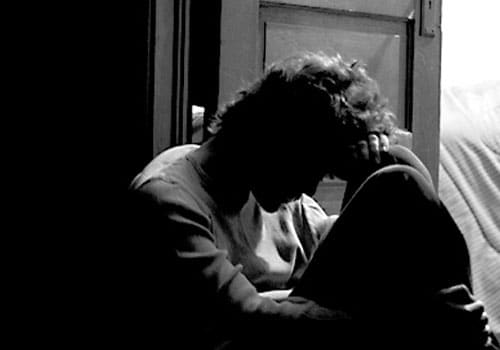
How is it caused?
It is now believed that depression is caused by a combination of genetic factors and exposure to a stressful life event. In other words, the chance of a person having the condition increases considerably if one or more family members has it. It is also fairly well established that a change in the activity of certain chemicals in the brain is associated with depression. Clinical depression is seen more in women than in men. Women in their child bearing years are more vulnerable to it. There are many causes for clinical depression:
- It can be inherited i.e., the chance of a person having the condition increases considerably if one or more family members have it.
- Environmental factors like the death of a parent can cause a depressive episode.
- Physical illnesses like cancer and heart disease may be followed by depression. There may also be conditions like Parkinson’s disease, whose symptoms include depression.
- Depression can also be a side effect of certain drugs used to treat hypertension.
- Some people have personality traits that make them more susceptible to depression. These people view themselves as losers and have a negative attitude towards themselves.
-
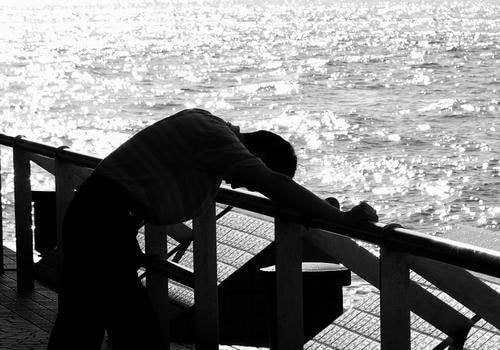
What are the symptoms?
A patient with depression may have physical symptoms in addition to psychological ones. The most commonly seen symptoms are:
- Sleep disturbance, either excessive sleep or insomnia (lack of sleep)
- Continuous fatigue and tiredness
- Headache
- Feeling of irritability and excessive crying
- Loss of appetite
- Loss of interest in any activity
- Vague pains in the body
- Fluctuation in weight
- Constipation
- Decrease in sexual urge
- Poor concentration
- Poor co-ordination of limbs
- Feelings of worthlessness, helplessness and guilt
- Suicidal thoughts sometimes culminating in suicide attempts.
-
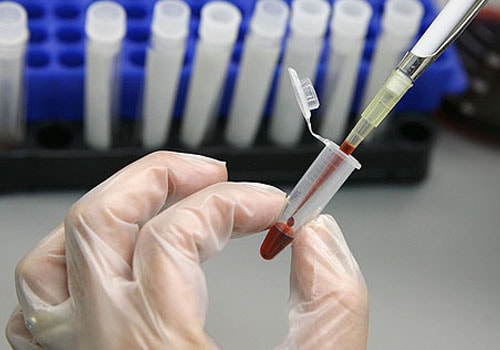
How is it diagnosed?
The first thing that any doctor will do is take a detailed and thorough history and rule out the possibility of a physical illness giving rise to these complaints. This may include blood tests to detect anaemia or thyroid problems. Once physical illness is ruled out a psychiatrist can make the diagnosis based on the cluster of symptoms commonly associated with the depressive condition. The doctor confirms over a two week period that the episode is not due to a temporary stressful event. Once all other causes are eliminated, the diagnosis is confirmed.
Initially a person seeks medical help when she is depressed for most of the time during the day. The psychiatrist then diagnoses the condition based on the symptoms associated with the depressive condition. In case the doctor sees the main symptoms of the condition like sleeplessness, apathy, lack of interest and loss of appetite and a constant feeling of fatigue, depression is short listed as a possible cause. -
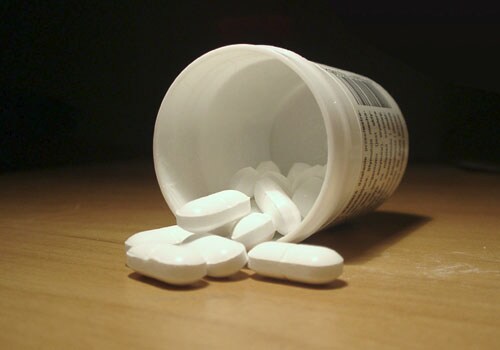
What is the treatment?
Drug treatment is the most common method of treatment. Antidepressants are prescribed in adequate doses. These generally include oral medication from a group of drugs known as tricyclic antidepressants. These have a calming effect on the patient and also help in reducing sleep problems.
Therapy to improve the patient’s outlook towards events is begun in conjunction with the drug treatment. The person is encouraged to think positively and to shun thoughts of worthlessness, guilt and suicide.
In severe cases, shock treatment (Electro Convulsive therapy) is given. It is mostly resorted to when the patient cannot wait for the drugs to become effective or when she goes into deeper depression and stops reacting completely to situations, a condition known as depressive stupor. A combination of treatment measures is usually helpful in bringing depressive episodes under control.


















